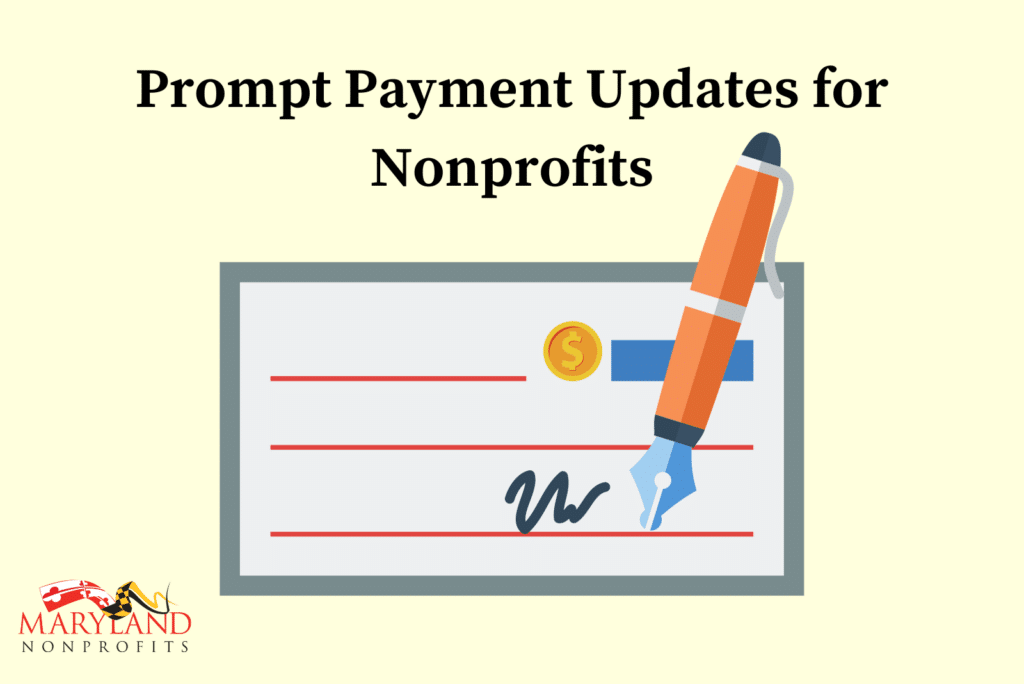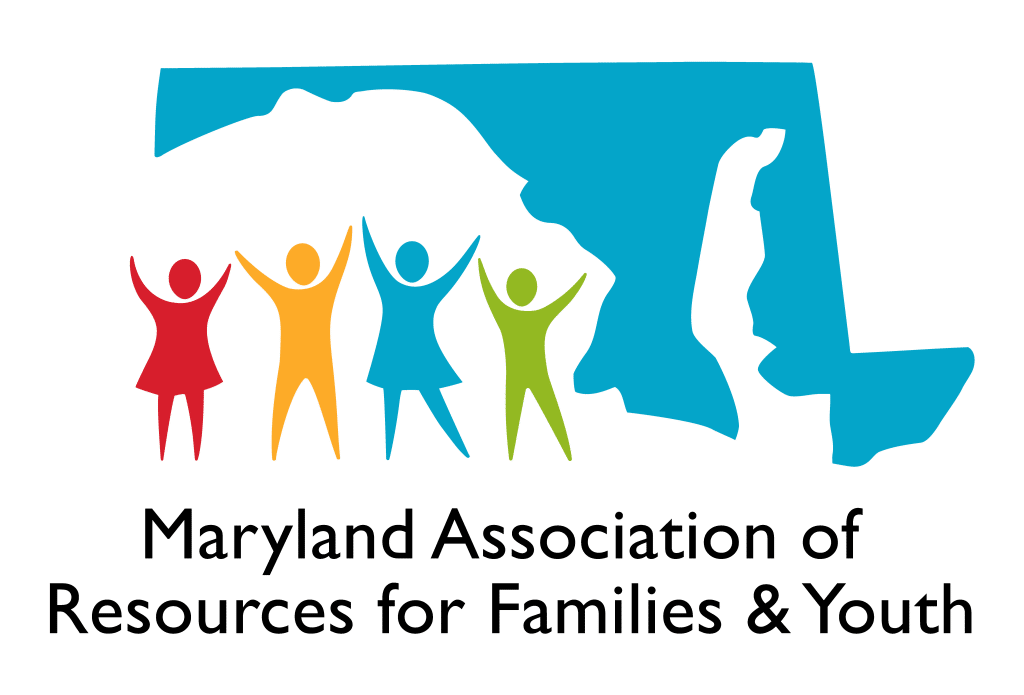This year’s ‘prompt payment’ legislation (Senate Bill 112 and House Bill 328) requires payment within 37 days of submission of a ‘proper invoice’ to the grant-making agency. The legislation took effect on June 1 of this year and applies to grants “executed, renewed, or extended” after that date.
We expect that state agencies will make every effort to comply with these provisions, but it’s also important for nonprofits to ensure that their invoices meet the standards in the legislation, including whatever documentation is required under the terms of their grant agreements.
The legislation is limited in application to ‘reimbursable’ grants, defined as grants to tax-exempt nonprofits, providing for “one or more payments in reimbursement for services or other performance under the agreement on a scheduled or other incremental basis”. It does not apply to grants made from state general obligation bond funds or from general fund capital appropriations to the Board of Public Works.
The legislation also sets rules for what constitutes a proper invoice and when it is deemed submitted for payment.
A proper invoice means “a bill, a written document, or an electronic transmission readable by the state grant–making entity, provided by a grant recipient” requesting an amount that “is due and payable under a written grant agreement”. It must contain:
- the grant recipient’s Federal Employer Identification Number or Social Security Number;
- the grant agreement identification number or another adequate description of the grant agreement; and
- any documentation required by regulation or the grant agreement.
Rules for determining when invoices will be deemed received for payment are:
- for invoices that are mailed, the date that the invoice is received by the state grant-making entity, and agencies are directed to note that on receipt; or
- for invoices electronically transmitted, on the date the transmission is received by the state grant–making entity, or the next business day if received after 5 p.m.
The legislation also directs agencies to review invoices “as soon as practicable” to determine if they are “proper”, and if the agency determines that it is not, to notify the grant recipient “of all defects that prevent processing and specify why the invoice is not proper” within 2 business days of making the determination.
Agencies are liable for interest at a 9% rate, from the 38th day after payment was due, if (1) payment is not made by the Comptroller within 37 days of receipt of the invoice by the agency, and (2) the agency failed to submit the invoice to the Comptroller within 30 days of its receipt. (the 7 calendar day interim is to assure the Comptroller 5 work days for processing)
The legislation exempts the Comptroller’s Office from any liability for interest. In negotiating the provisions of the legislation we accepted this limitation, based on a “Vendor Payment” study by the Department of Legislative Services that found the Comptroller processed over 97% of all state payments within 5 days, and electronic payments in 2 to 3 days. That same study attributed most delays to invoice errors, agency staffing shortages, and/or the paper processing required by the state’s outdated financial system.
To receive interest, the grant recipient must submit an invoice for the interest within 30 days of the date of the state’s payment of the amount on which interest is due. Interest may not be paid by the agency from funds appropriated for making grants.
We ask that you contact Maryland Nonprofits if late payments persist so we can document this to policy-makers if you have any questions.






